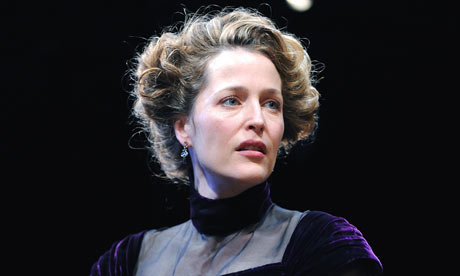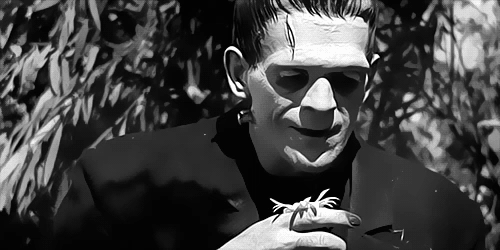First Impressions of Nora Helmer
Initially, Nora Helmer is thought to be an ‘air-head’, with the message being reinforced by her husband, Torvald Helmer. He consistently ricochets any hint of endearment with back handed compliments, making sure to put N ora in her place with belittling adjectives such as “little” and “small”.
ora in her place with belittling adjectives such as “little” and “small”.
Nora repeatedly refers to her husband by his first name, a taboo at the time in Norway, this due in largely to the fact that women were considered a lesser to men and so were forced to address them in a praising, God-like manner. The play was released several years before the first suffragette movement in Norway, and many believe that this was a power-play on Ibsen’s end that eventually influenced the empowerment of women, making it a pivotal piece of literature for the feminist revolution. Although this can be seen as merely a political stance and plea for awareness, it may hold importance towards the story line itself. Nora’s speech and actions throughout the first Act lay no judgment nor dismissal of Torvald’s position in society as a man, going as far as defending his name in front of Krogstad. The only faltering element is in her speech: her preference towards calling Trovald by his first name. This characteristic may be Nora’s guilty pleasure: regarding her husband as on a level playing field may delight her. This is abnormally juxtaposed by her otherwise appraisal and respect towards him.
Nora’s fondness towards ‘contraband’ macaroons may be in reference to her secret desire to be superior. The act of eating the macaroons despite her husbands ban on them shows natural rebellion, mostly seen in teens and children, who are only beginning to find themselves. For Nora, however, the search continues as long as she is subordinate to others. Her child-like nature is due largely in part to her never being allowed to, or never being taught how to, find her place in this world. She is stuck in time because she feels that this is what is expected of her.
I feel that she will soon realise her intrinsic value in other’s lives.


 It is also never explicitly stated that the ‘creation’s’ skin was of a bright green colour. After some preliminary research, I found that the colour was popularised by the depiction of Frankenstein’s ‘creation’ as green in 1931, with James Whale’s adaptation of the novel. In the book, Mary Shelley states the skin to be of a yellowish hue.
It is also never explicitly stated that the ‘creation’s’ skin was of a bright green colour. After some preliminary research, I found that the colour was popularised by the depiction of Frankenstein’s ‘creation’ as green in 1931, with James Whale’s adaptation of the novel. In the book, Mary Shelley states the skin to be of a yellowish hue.
